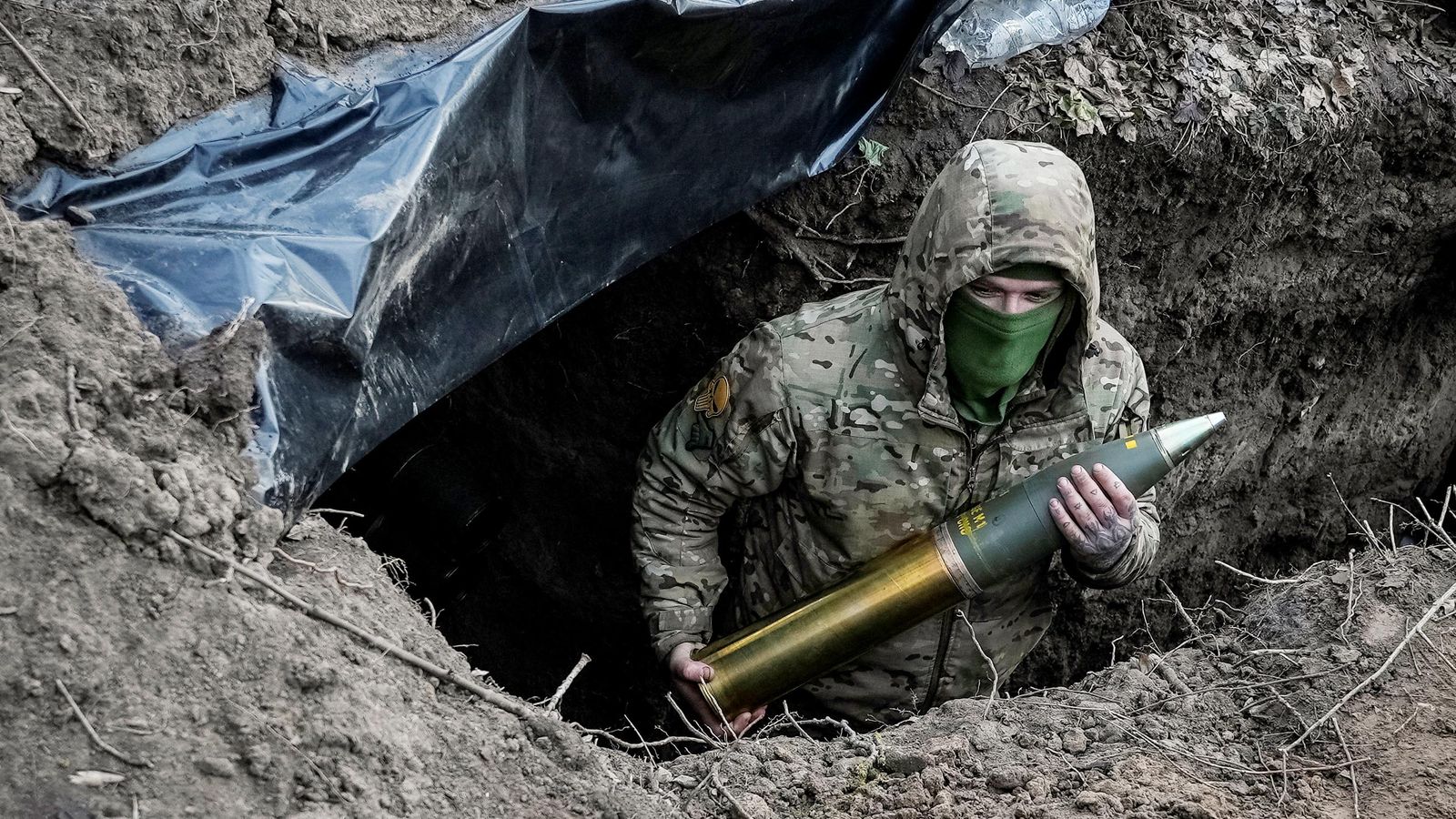Russia using chemical choking agents against Ukrianian troops, US claims


Russia has denied allegations of breaching the international chemical weapons ban by deploying chocking agents against Ukrainian troops.
The Kremlin on Thursday responded to claims by the United States that it had used choking agent chloropicrin against Ukrainian troops – the same agent used by German forces against Allied troops during the First World War.
The United States also accused Russia of using riot control agents “as a method of warfare” in Ukraine, which according to Ukrainian military cited by Reuters earlier this month, is being increasingly used in the country.
Follow live: ‘Large fire’ as Russia hits port city with ballistic missile
Grenades containing CS and CN gases have also reportedly been used on the frontline, forcing troops stuck in trenches to either flee under enemy fire or risk suffocating.
At least 500 Ukrainian troops have been treated for exposure to a toxic substance, the military said, with one dying as a result of suffocating on tear gas.
The US State Department believes Russia has been violating international rules on chemical weapons under the 1993 Chemical Weapons Convention (CWC).
Kremlin spokesman Dmitry Peskov said Moscow remained bound by its obligations under the treaty.
“The use of such chemicals is not an isolated incident and is probably driven by Russian forces’ desire to dislodge Ukrainian forces from fortified positions and achieve tactical gains on the battlefield,” the US State Department said in a statement.
Advertisement
Read more:
Large turreted building goes up in flames after Russian missile attack
Duchess of Edinburgh visits Ukraine
Keep up with all the latest news from the UK and around the world by following Sky News
Chloropicrin is listed as a banned choking agent by the Hague-based Organisation for the Prohibition of Chemical Weapons, which was created to implement and monitor compliance with the 1993 Chemical Weapons Convention.
According to the US, Moscow’s use of the gas “comes from the same playbook as its operations to poison” the late opposition leader Alexei Navalny in 2020 and Sergei Skripal and his daughter Yulia in Salisbury in 2018 with the Novichok nerve agent.
Russia denied involvement in both cases.